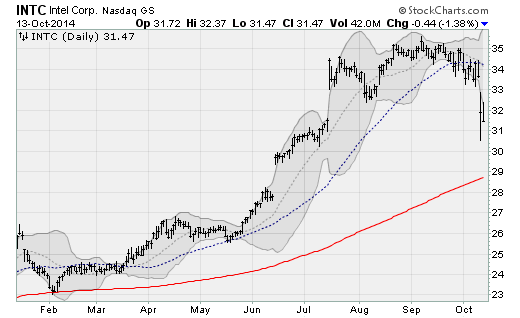Conservative Investing Conservative Investing on Wall Street
Post on: 28 Май, 2015 No Comment

Top Earners on Wall Street Shun Risks
You can opt-out at any time.
Conservative Investing by Wall Street Pros: Ample anecdotal evidence suggests that highly paid professionals within the financial services industry tend towards using highly conservative investing practices in managing their personal finances. These are marked by strong inclinations towards risk aversion and capital preservation. The reasons are several. For one, high earners who are also diligent savers generally do not need to reach for high investment yields or capital gains to accumulate a sufficiently large cushion of savings to help them survive layoffs or to provide for a comfortable retirement. Protecting their wealth thus becomes their chief priority. For another, those who are best informed about the risks associated with various security types and investment vehicles are especially likely to be concerned about them.
Risk Averse Top Earners: Such risk averse high earners who engage in very conservative investing represent a variety of career paths within the financial services industry, including, but not limited to:
Safe and Conservative Investing Vehicles: For such people, popular safe investments at the core of their conservative investing strategies often include:
- Tax free municipal bonds
- Obligations of the United States Treasury
- FDIC insured bank accounts, such as certificates of deposit

Interviews of Wall Street Figures: The Wall Street Journal (How Wall Street Invests Its Money in Hard Times, August 23, 2011) explored the question of the investing habits and preferences of Wall Street movers and shakers from the standpoint of how they behave in gloomy or unsettled times for the financial markets and the general economy. The findings in the WSJ article, however, tend to have wider applicability, in all conditions.
Most interesting is that, in following very conservative investing practices for themselves, the twelve senior Wall Street figures interviewed (but not named) by article author Francesco Guerrera deviated significantly from the public advice that their firms were giving to individual investors. institutional investors. money managers and corporations alike.
A leading investment banker has 80% of his personal portfolio in cash and United States Treasury bonds. To clients he strongly recommends the use of complex derivatives as a risk management tool, yet he rejected these as much too risky for himself.
A bank executive confessed to being so gripped by fear in the current unsettled environment that he committed the cardinal error of investing: selling low and buying high. This executive started selling equities as the stock markets headed downward, switching to high quality bonds as their yields dipped (and prices rose).
This has many similarities with the manic depressive hiring practices of Wall Street, which also run counter to the advice given to the public. That is, the industry tends to engage in excessive hiring in boom periods, and excessive job cutting at the slightest hint of a pull back in business volumes.
Considering Your Employment When Diversifying: The article does point out the dangers of being too heavily invested in the shares of your employer. This falls within the broader category of considering the returns on your human capital when making investments. The risks of business and market downturns can compound to an alarming degree: sharp bonus reductions (or even eliminations), freezes on base pay, a growing possibility of being laid off, combined with a nosedive in the value of 401(k) and retirement plan assets held in the company’s stock. In this sense, the excessive risk aversion of many Wall Street high fliers has a rational basis relative to their personal situations, and is not indicative of dishonesty or hypocrisy.
Should Less Wealthy People Be Less Conservative Investors? Moreover, a finance professor quoted in the article notes that an overly conservative investing strategy can be highly appropriate for someone with more than ample financial assets. such as a leading Wall Street figure who has managed to save tens of millions of dollars already. However, for someone with much more modest savings and earning potential, accumulating a sufficient pool of savings typically requires assuming substantially more investment risk.














